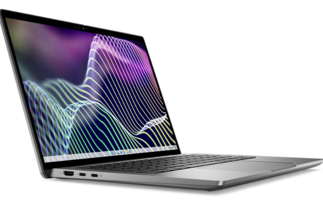Latest device in Surface range is larger, thinner and louder
Microsoft has revealed its Surface Pro 3 tablet device in a low-key announcement hosted in New York. As well as being thinner and lighter than the previous Surface Pro and Surface Pro 2 devices,...
To continue reading this article...
Join Computing
- Unlimited access to real-time news, analysis and opinion from the technology industry
- Receive important and breaking news in our daily newsletter
- Be the first to hear about our events and awards programmes
- Join live member only interviews with IT leaders at the ‘IT Lounge’; your chance to ask your burning tech questions and have them answered
- Access to the Computing Delta hub providing market intelligence and research
- Receive our members-only newsletter with exclusive opinion pieces from senior IT Leaders





















